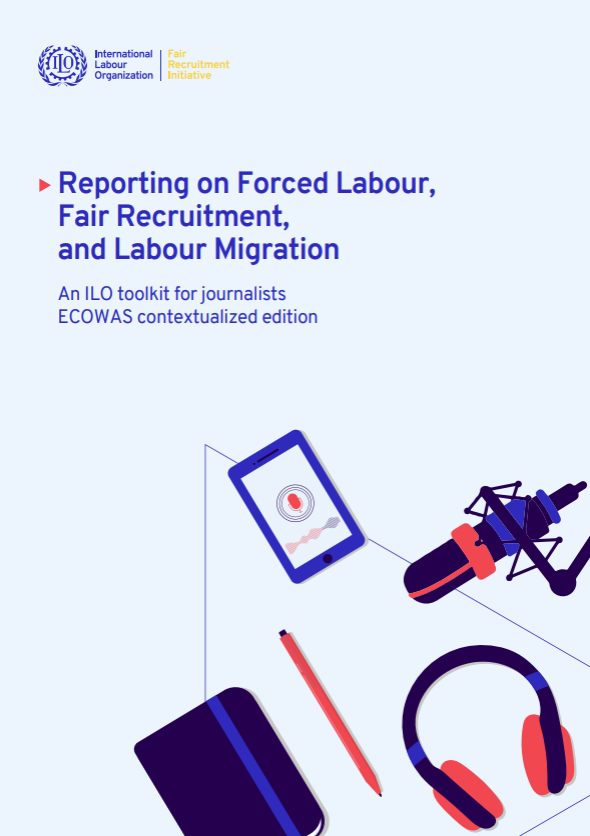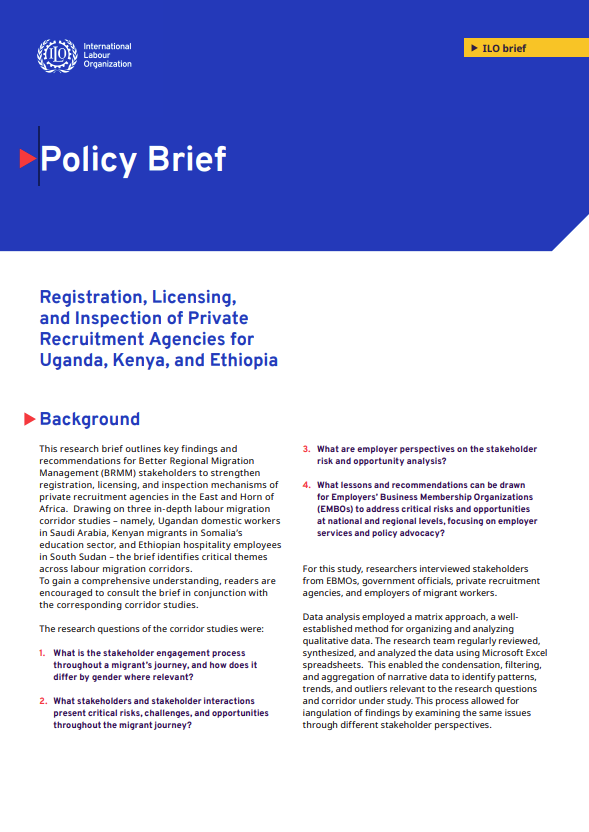BRMM Countries Anchor Labour Migration Progress through the Fourth Labour Migration Advisory Group meeting in Juba
Posted at March 2nd 2026 12:00 AM | Updated as of March 2nd 2026 12:00 AM
Region/Country : ,
|Themes : ,
East and Horn of Africa Countries Strengthen Labour Migration Governance through Learning Visit to the Philippines
Posted at February 24th 2026 12:00 AM | Updated as of February 24th 2026 12:00 AM
Region/Country : ,
|Themes :
Strengthening Africa’s Unity for Labour Migration and Regional Integration
Posted at December 8th 2025 12:00 AM | Updated as of December 8th 2025 12:00 AM
Region/Country :
|Themes :
ILO and IGAD Strengthen Regional Capacity for Rights-Based Labour Migration Governance
Posted at December 8th 2025 12:00 AM | Updated as of December 8th 2025 12:00 AM
Region/Country : ,
|Themes :
Employers Advancing Safe and Fair Migration Systems: West Africa Workshop in Lomé
Posted at December 3rd 2025 12:00 AM | Updated as of December 3rd 2025 12:00 AM
Region/Country :
|Themes :
Somalia and South Sudan Join Efforts to Design Labour Force and Migration Surveys
Posted at October 21st 2025 12:00 AM | Updated as of October 21st 2025 12:00 AM
Region/Country :
|Themes : ,
Empowering Youth for Safe Labour Migration: ILO Public Lecture at Kenyan Universities
Posted at October 8th 2025 12:00 AM | Updated as of October 8th 2025 12:00 AM
Region/Country : ,
|Themes : , ,
Universities in East and Horn of Africa Unite to Launch Regional Labour Migration Knowledge Hub
Posted at September 24th 2025 12:00 AM | Updated as of September 24th 2025 12:00 AM
Region/Country :
|Themes : , ,


